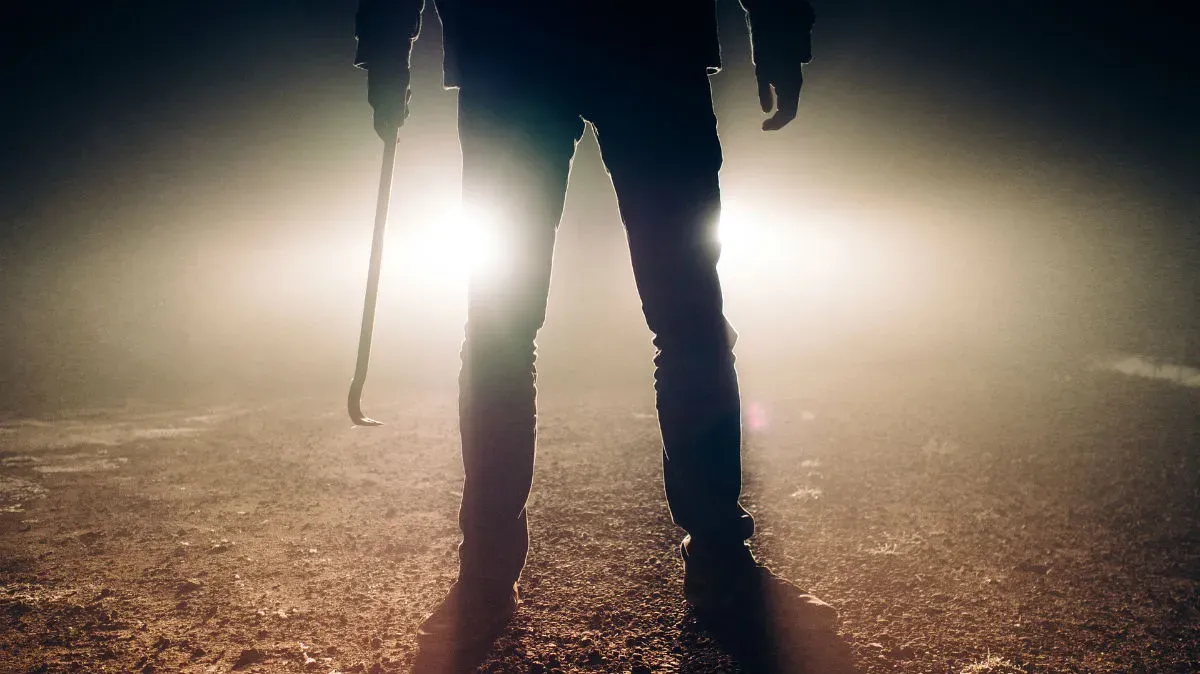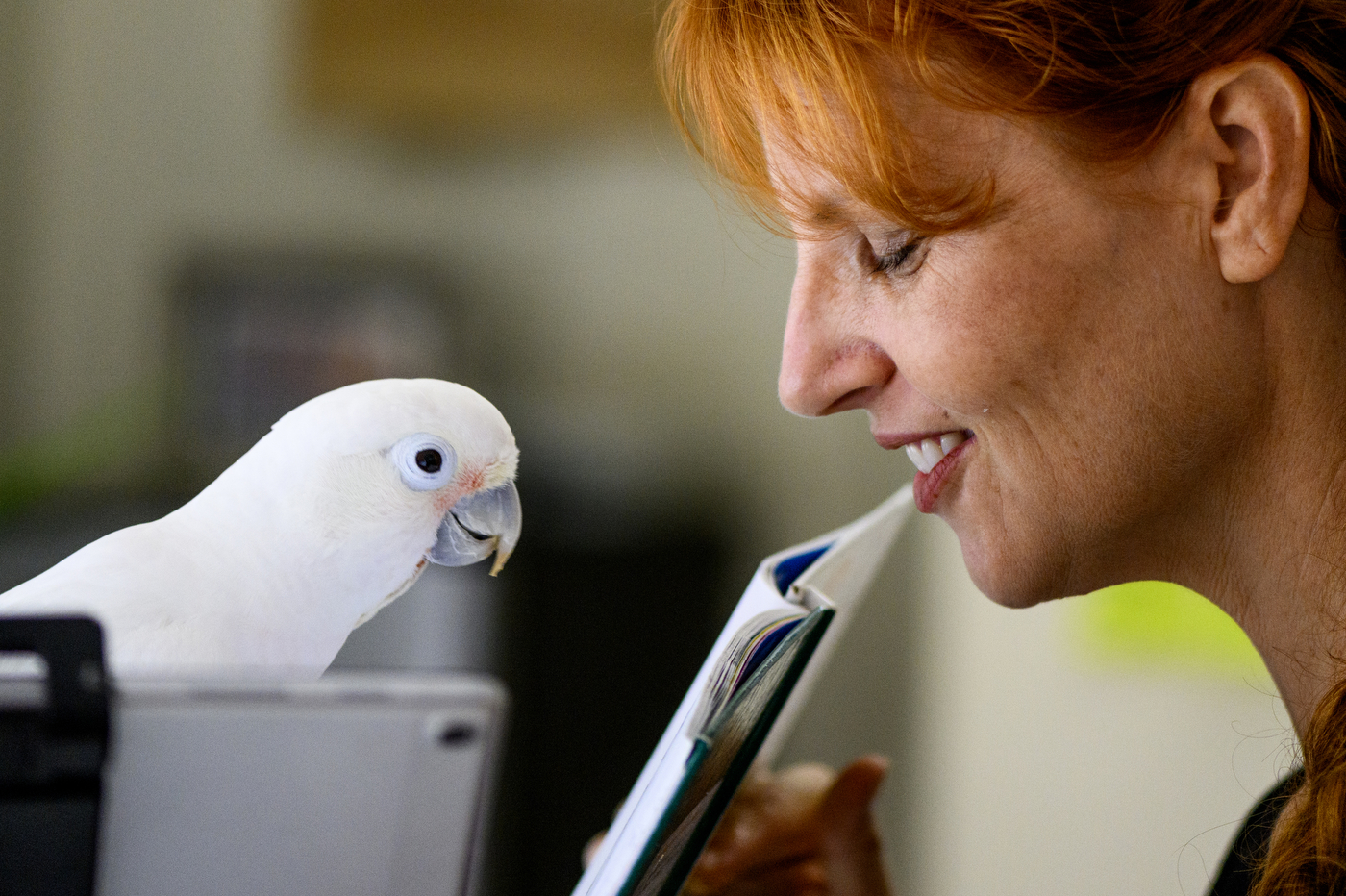Piecing together the details of my father's murder

From Eren Orbey for the New Yorker: "One night in August of 1999, on a summer trip back to Ankara, our dad was murdered. G was twelve and I was three. We were both there when it happened, along with our mom, but I was too young to remember. My dad’s murder was as fundamental and as unknowable as my own birth. My grief had the clumsy fit of a hand-me-down. As far as I can recall, no one in the family explained his death to me. My mom considered my obliviousness a blessing. “He’s a normal boy,” she’d tell people. From a young age, I tried to assemble the story bit by bit, scrounging for information and writing it down. But G always seemed protective of her recollections from that night and skeptical of my self-appointed role as family scribe."
For decades, a Florida woman had no sense of smell. Can she get it back?
/cloudfront-us-east-1.images.arcpublishing.com/tbt/2LO72PBTG5HJ5BODKNC7KRLCJ4.JPG)
From Lana DeGregory at the Tampa Bay Times: "The first smell was lemon. At least she thought it was lemon. Barbara Walker hadn’t smelled a thing in 34 years. She walked out of the lanai, through the yard. The closer she got to her actual lemon tree, the stronger the aroma seemed. She inhaled its branches, leaves, flowers, immersing herself in the fresh, biting fragrance, overcome. At dinner, she couldn’t contain herself. “I think I’m starting to smell again!” Her teenage daughters were skeptical. After all these years? Her husband laughed. “You’re hallucinating.” No, she insisted that evening in 2021. “I smelled the blooms.” Barb lost her sense of smell at age 21, after a car accident."
Tyrian purple: The lost ancient pigment that was more valuable than gold

From Zaria Gorvett for the BBC: "After navigating through large hallways and narrow corridors, down crumbling steps, they came across a deep shaft. On one side were two identical statues guarding a sealed door: they had found it. Inside was a hoard of ancient wonders – 2,000 objects, including jewellery and a large golden hand. But there were also some intriguing dark patches on the ground. They sent a sample for testing – eventually separating out a vivid purple layer from the dust and muck. The researchers had uncovered one of the most legendary commodities in the ancient world. This precious product forged empires, felled kings, and cemented the power of generations of global rulers."
Editor's note: If you like this newsletter, I'd be honoured if you would help me by contributing whatever you can via my Patreon. Thanks!
Last love: Finding romance in a care home

From Sophie Elmhirst for The Guardian: "What was the song? Mary couldn’t quite remember. It was one of Mr Pepper’s classics, certainly. A ballad. Possibly You Are My Sunshine? What did it matter; the point was the voice. Not Mr Pepper’s – she knew what he sounded like well enough, being one of Easterlea Rest Home’s regular afternoon entertainers. No, this voice was new, and belonged to a man who had sat down in the chair next to her and started to sing along. She was so stunned – by the way his voice seemed to pour out of him, by its fierce clarity and defiance of age – that she turned to stare. The man winked at her. Cheeky bugger, thought Mary. It’s not entirely clear when this was."
The whale that’s known only by the sound of its voice

From Andrew Chapman at Hakai magazine: "The microphone first picked up the distinctive ping around 4:00 a.m. In the water off Hawai‘i, there it was: the unknown whale’s signature call. Jennifer McCullough, a biologist with the US National Oceanic and Atmospheric Administration, checks her monitors. From her station on the research ship’s lower deck, her instruments are telling her the sounds are coming from only 200 meters away. She radios up to the bridge, guiding the crew to keep the whales in front of the ship. For 18 years, scientists have been sporadically recording the sounds of this mystery animal. With a bit more light, McCullough might finally, finally, be able to spot one."
Parrots learned to make video calls to chat with other parrots and became friends

From Schuyler Velasco for Northeastern: "Video chats like Zoom and FaceTime are great ways to stay in touch with loved ones—so great, in fact, that parrots are catching on. A new study from researchers at Northeastern University, in collaboration with scientists from MIT and the University of Glasgow, investigated what happened when a group of domesticated birds were taught to call one another on tablets and smartphones. The results suggest that video calls could help parrots approximate birds’ communication in the wild, improving their behavior—and, likely, their well-being—in their owners’ homes."
An Oscar-calibre performance by this dog
And the Oscar goed to.. 😅 pic.twitter.com/339AKAd3js
— Buitengebieden (@buitengebieden) December 4, 2023
Acknowledgements: I find a lot of these links myself, through RSS feeds etc. But I also get some from other newsletters that I rely on as "serendipty engines," such as Rusty Foster's Today In Tabs, Clive Thompson's Linkfest, Maria Popova's website The Marginalian, The Morning News from Rosecrans Baldwin, Why Is This Interesting, Dan Lewis's Now I Know, Robert Cottrell and Caroline Crampton's The Browser, Sheehan Quirke AKA The Cultural Tutor, the Smithsonian magazine, and JSTOR Daily. If you come across something you think should be included here, feel free to email me.



